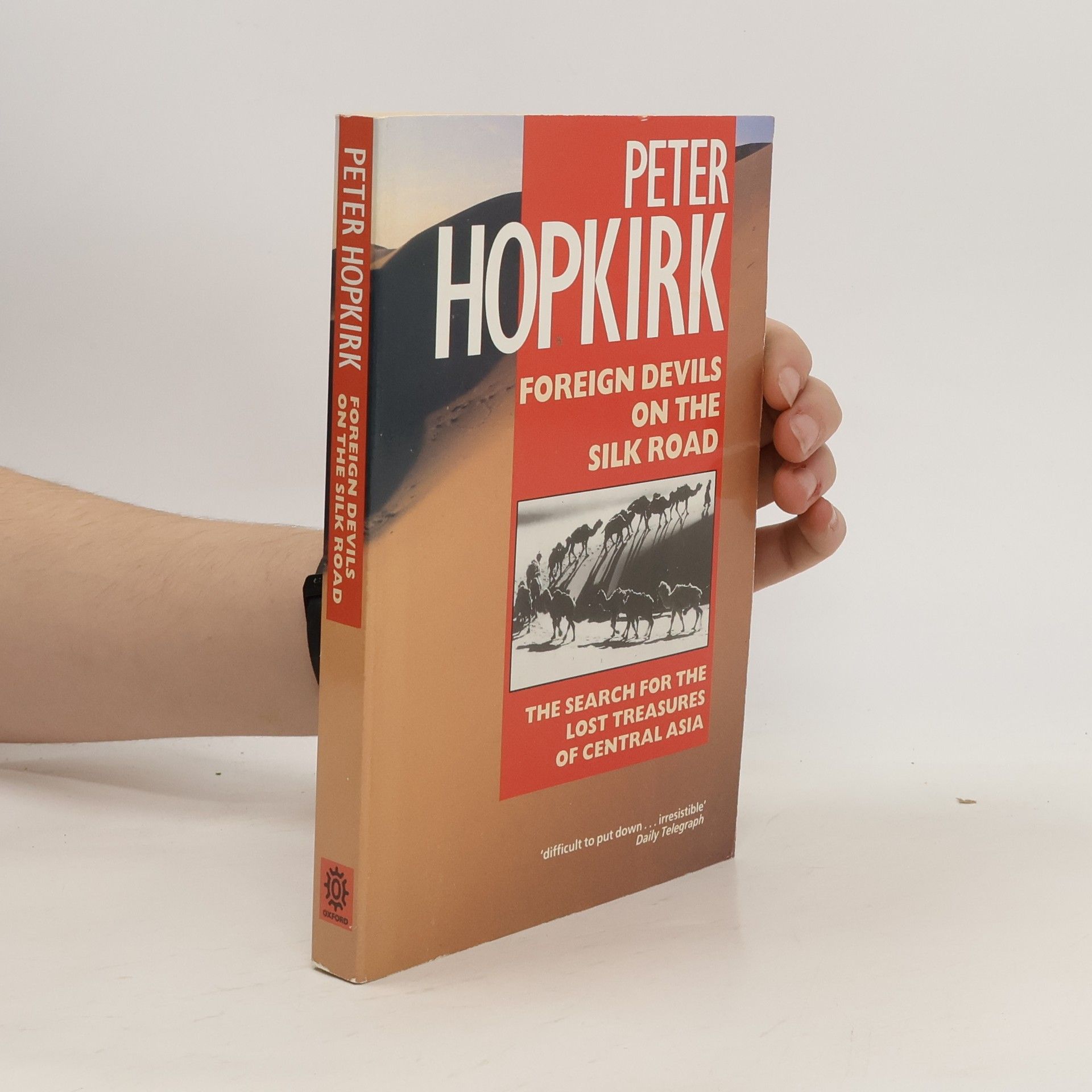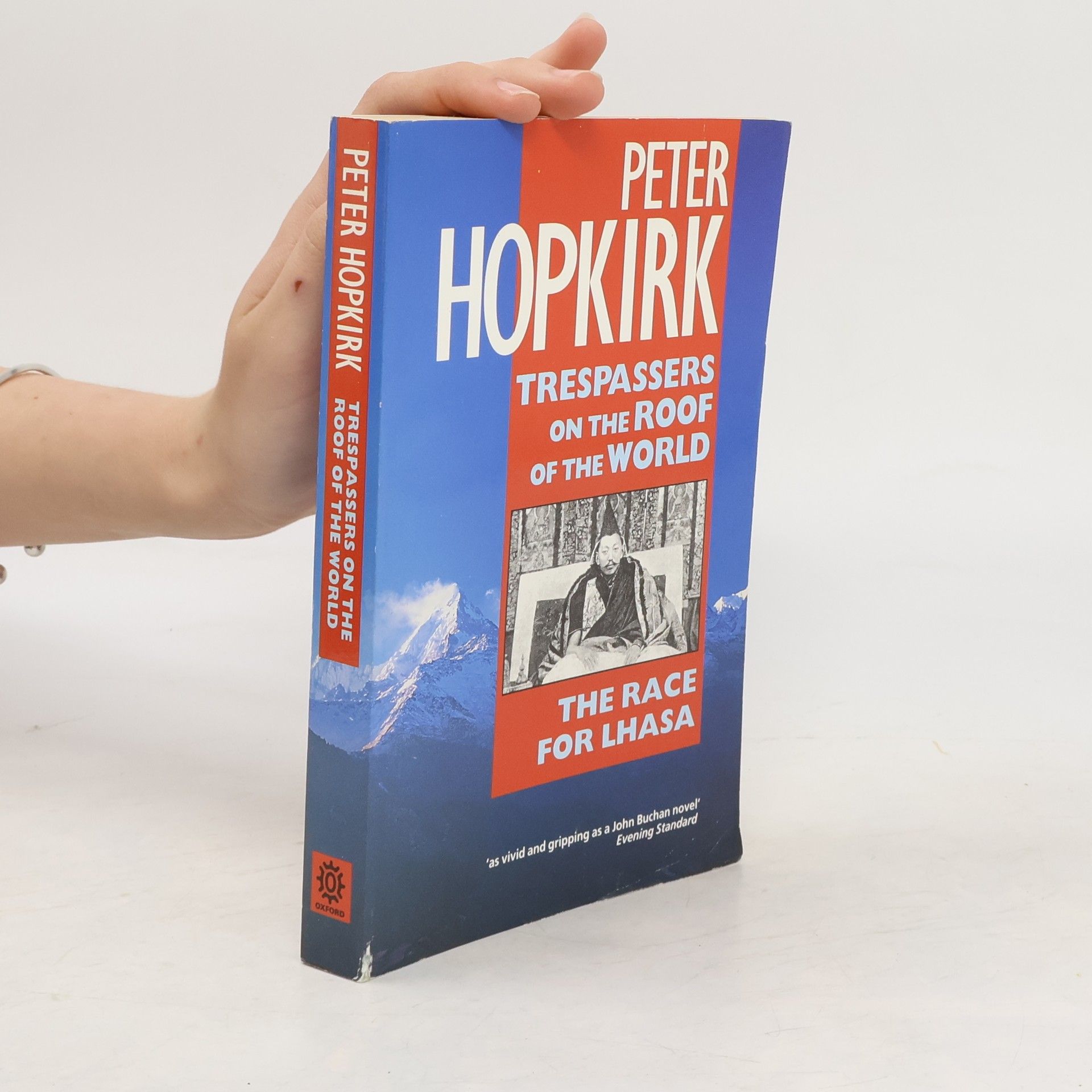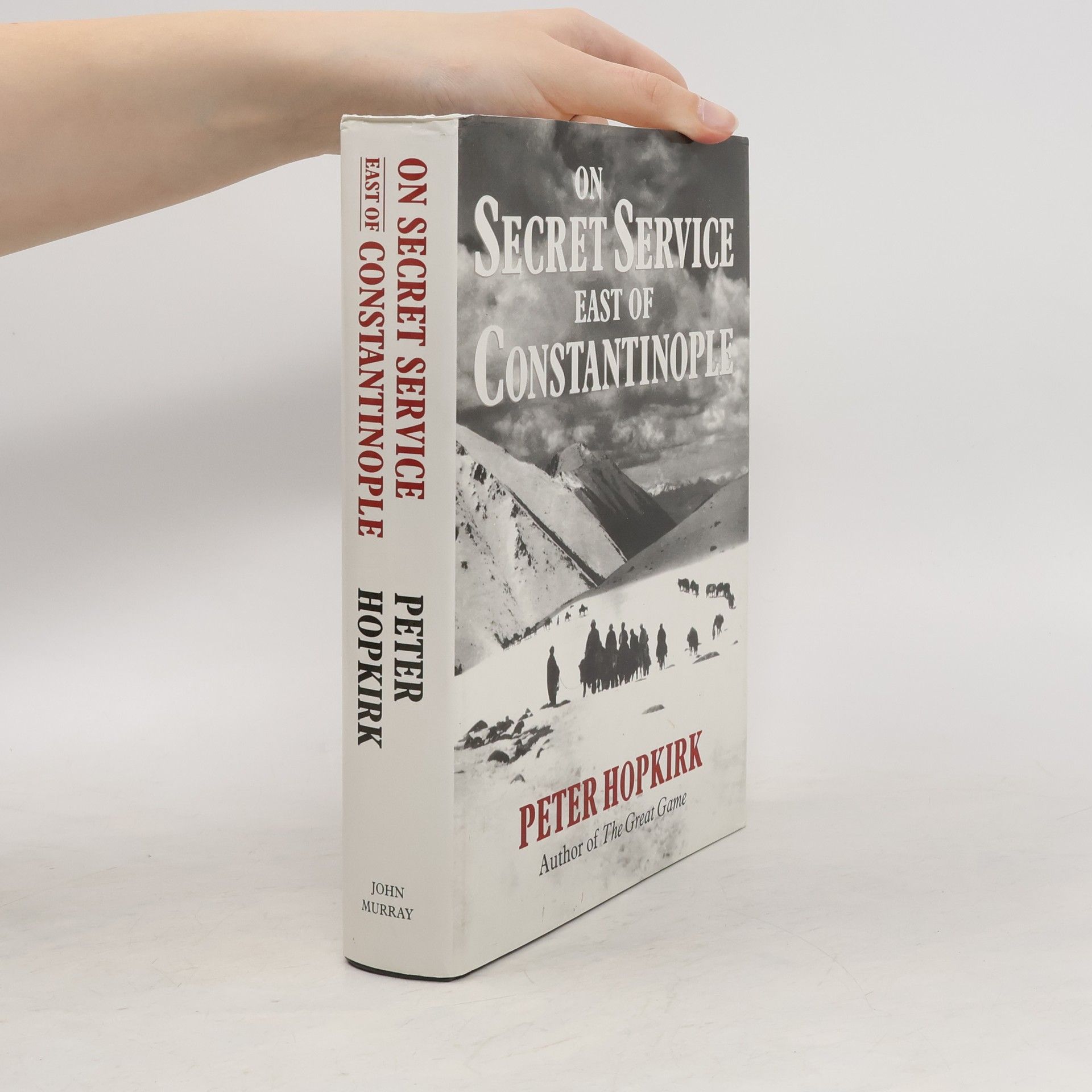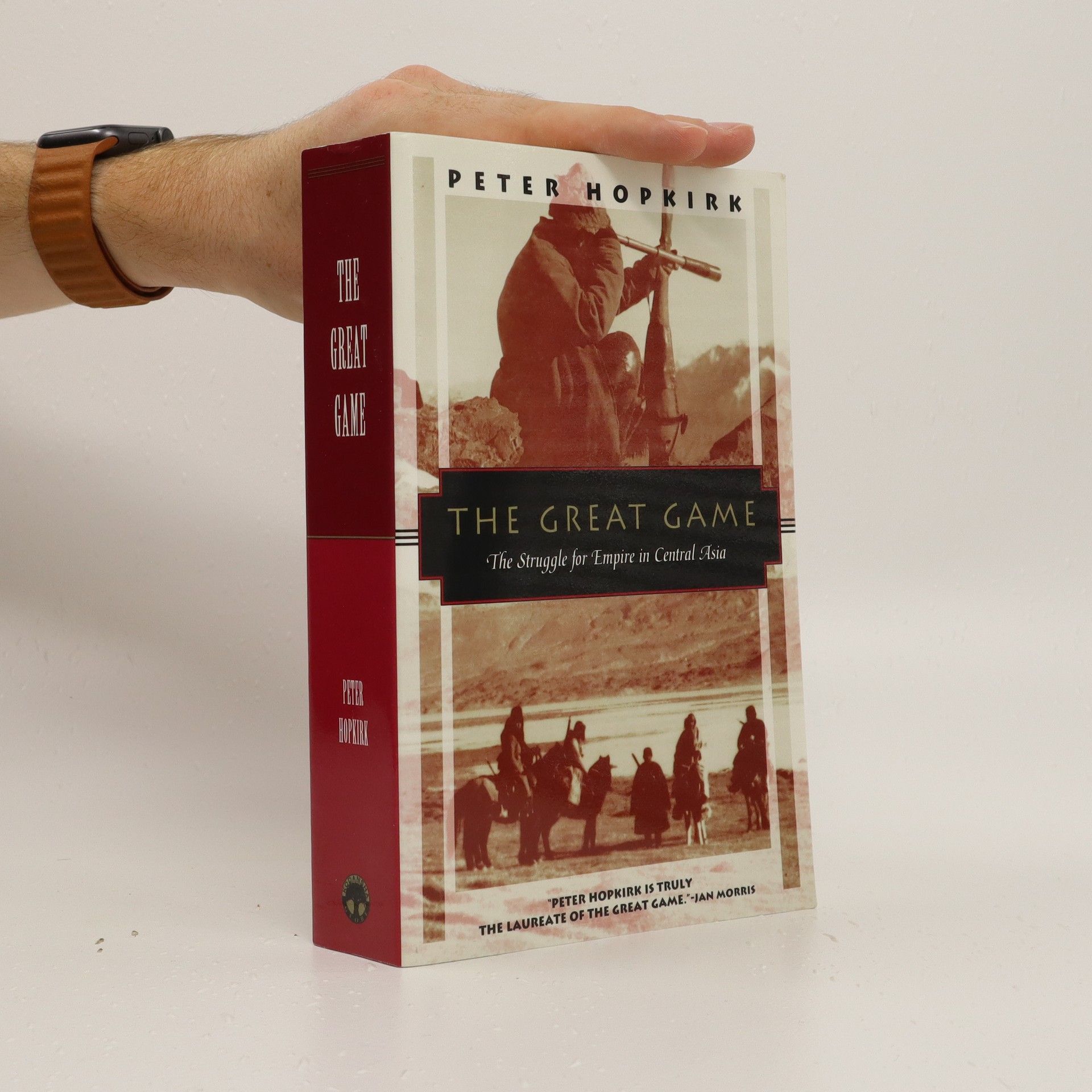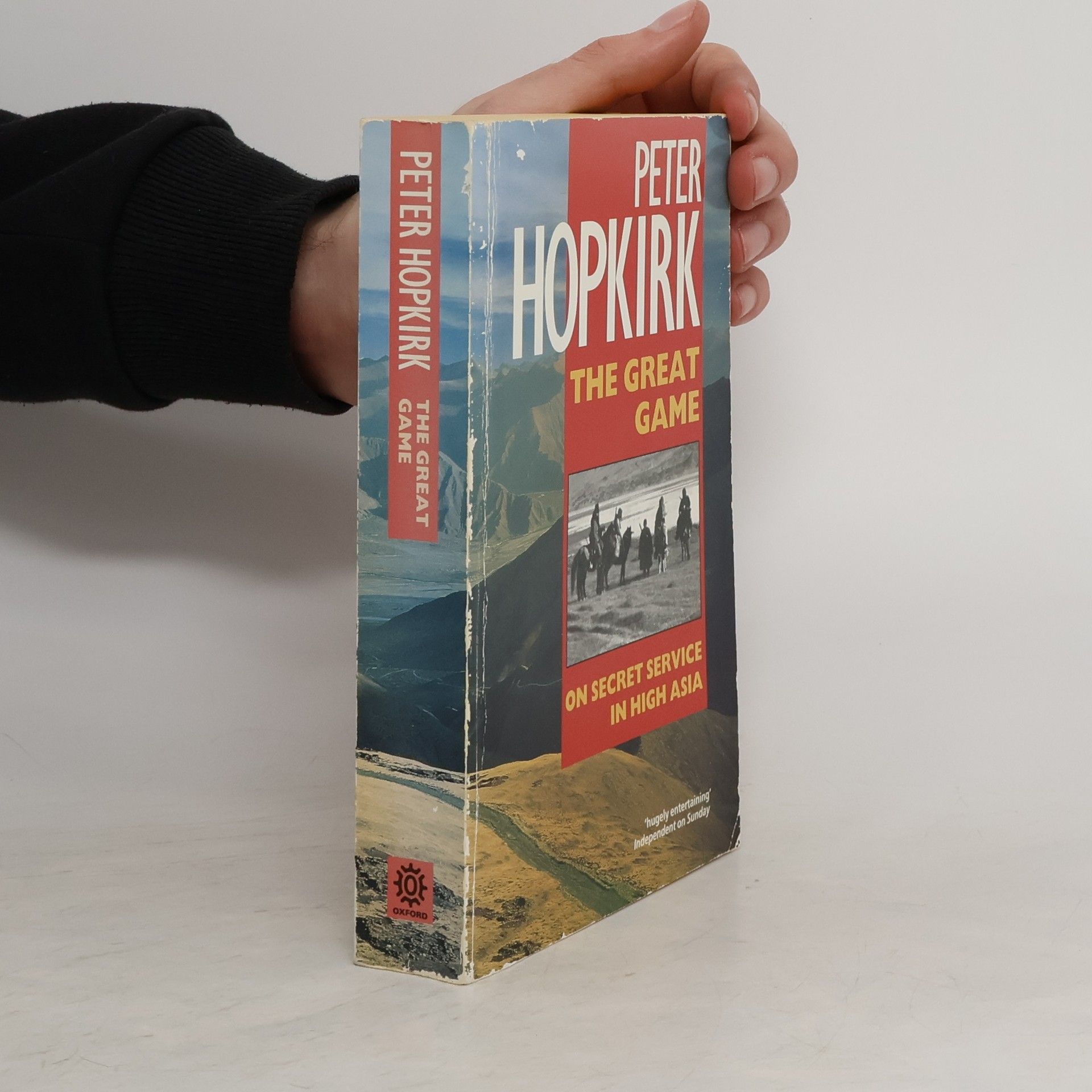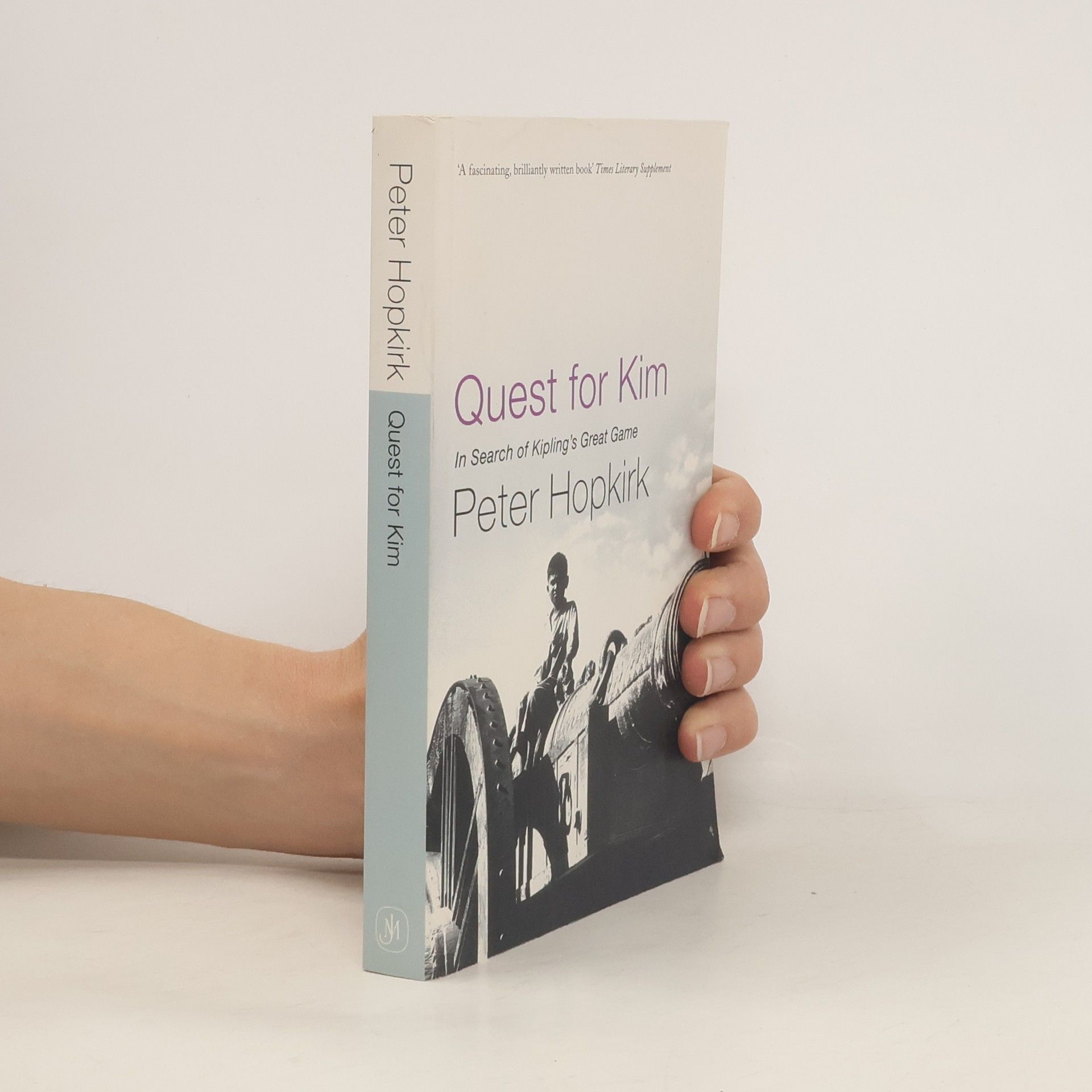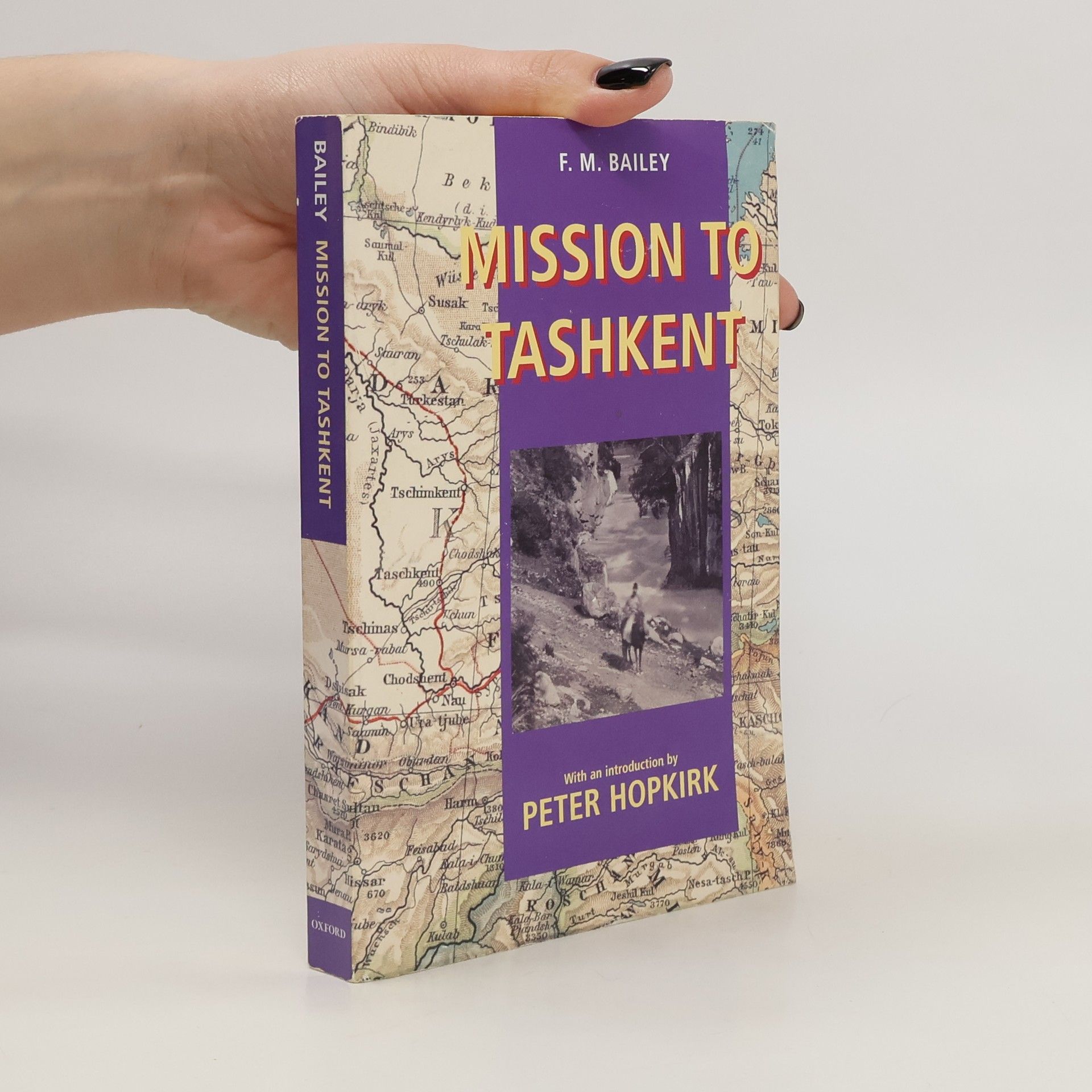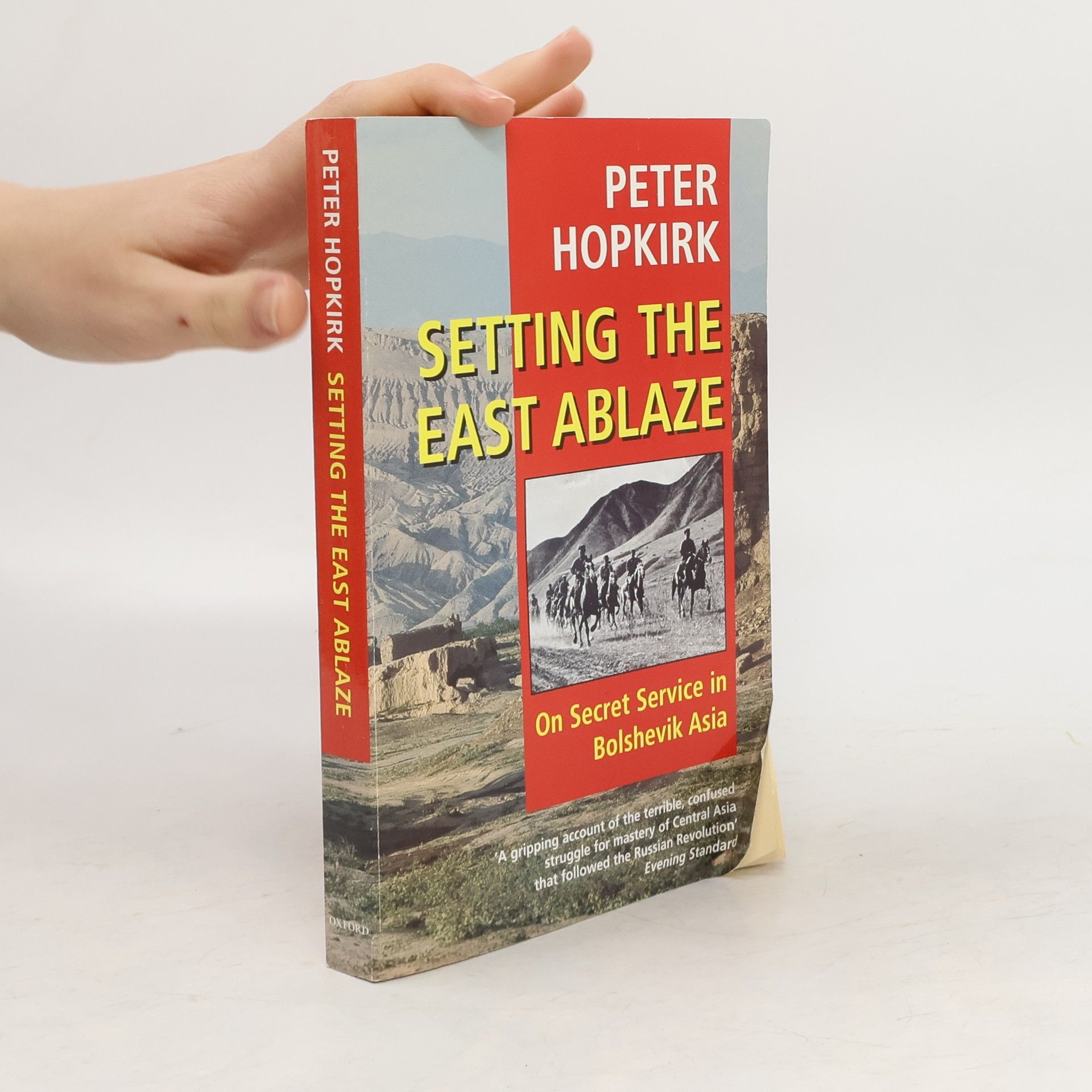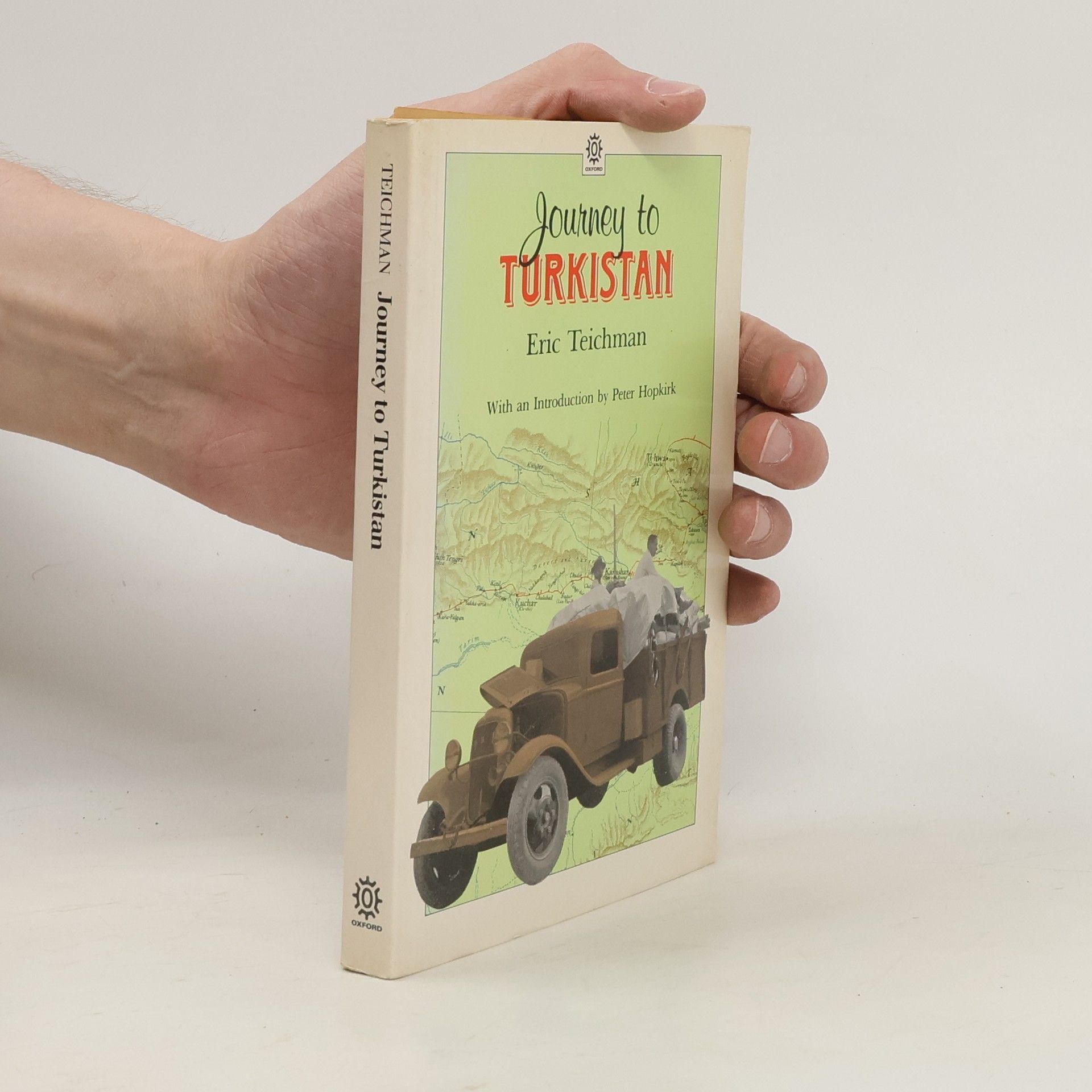Vetřelci na střeše světa. Soupeření o Lhasu.
- 320 pages
- 12 hours of reading
Už v 19. století představoval Tibet a jeho hlavní město Lhasa, ležící téměř tři kilometry nad mořem, pro mnohé cestovatele ten nejvytouženější cíl. Vábení tajemné země i její strategický význam vedly odhodlané cestovatele z viktoriánské Británie, carského Ruska, Ameriky a řady dalších zemí světa k tomu, aby se zas a znova a bez ohledu na neochotu, ba až odpor Tibeťanů pokoušeli do této izolované oblasti proniknout. Osudy oněch nejrůznějších dobrodruhů, mystiků, horolezců a misionářů líčí britský novinář, historik a spisovatel Peter Hopkirk poutavě a čtivě. Popisuje rovněž, jakými způsoby se Čína odjakživa snažila na „střeše světa“ udržet a prosadit zde svůj vliv, což vyvrcholilo čínskou invazí v 50. letech 20. století. V krátkém doslovu Hopkirk aktualizuje text pojednáním o dnešním Tibetu – okupovaném dodnes Číňany.
